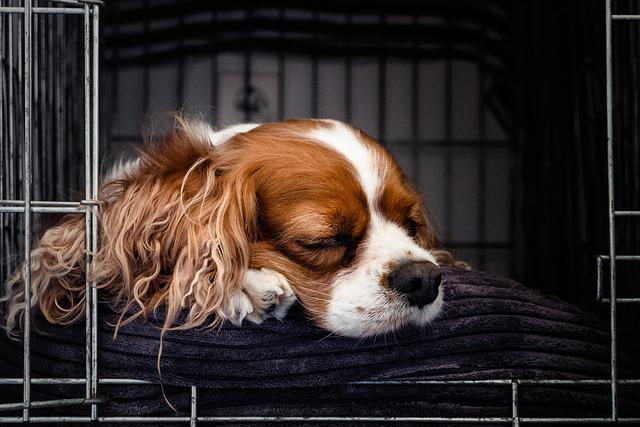
[Originally published June 30th, 2022.]
Anxiety: a feeling of worry, nervousness, or unease, typically about an imminent event or something with an uncertain outcome.
It’s likely that all of us have experienced anxiety at some point in our lives. But anxiety isn’t a problem that only afflicts humans. Our pets experience anxiety too. Pet anxiety is a vast topic but in this post (given the 4th of July is days away at the time of publishing) we’re going to focus on noise anxiety, primarily in dogs.
Studies show that a pet (dog or cat) is less likely to struggle with anxiety if they are raised in a consistent home environment from puppy/kitten age. Adopted animals from shelters or elsewhere may have unknown histories. Abuse and/or neglect may be a reason why the animal was surrendered. This does not mean every animal available for adoption has an unfortunate past, but if you are interested in adopting make sure you ask about the animal’s previous living situation and know that PTSD is a major contributor of anxiety in pets.
Separation anxiety and noise anxiety are two of the most common forms of anxiety in pets. Triggers for noise anxiety may include things like:
- Yelling or arguments
- Parties or larger gatherings
- Thunderstorms
- Slamming doors
- Beeping or similar noises made by electronics
- Emergency vehicles (police, fire, ambulance)
- Car traffic or horns
- Aircraft (airplanes, helicopters)
- Smoke & fire alarms
- Warning sirens
- Nearby construction/hammering
- Barking from other dogs
- TV/radio noises
- Fireworks
We can’t control the sounds from outside our homes, so depending on where you live, a lot of these noises may be unavoidable. What happens when your pet hears a triggering noise? This list from DogTime.com shows some behaviors your dog may exhibit when experiencing an anxiety attack:
- Shaking or trembling
- Pacing
- Panting or drooling, even without exercising
- Tucking their tail between their legs
- Pushing their ears back
- Wide eyes
- Clinging to their human
- Hiding or cowering
- Refusing to move, sometimes to the point of seeming catatonic
- Unusual vocalizations (barking, whining, etc.)
- Potty accidents, even though a dog is otherwise housebroken
- Destructive behaviors like chewing, digging, or scratching
- Bolting or trying to escape from the home or situation
How to help with noise anxiety
The good news is there are a variety of treatments and changes you can make to help your dog or cat feel more secure. The first is to establish a safe place your dog or cat can go to feel protected. Oftentimes this is a crate or cat house. You can cover a crate with a blanket to help your pet feel more secure.

Music or another calming sound can sometimes help to drown out the anxiety-inducing noise. Make sure your dog has gotten a lot of exercise during the day so that he doesn’t have extra energy to use when responding to loud noises.
You’ve heard of weighted blankets for humans? The pet world has Thundershirts. Thundershirts provide body compression for your pet and this has been shown to help them feel more secure.
Behavior modification is also an option but unlike the other examples it takes time and persistence. Starting with low volume and less frequency, gradually exposing an animal to a sound that causes them anxiety can sometimes normalize the sound and help them get over their anxiety of it.
There are also medications available that can help your pet if other methods fail. Keep in mind that before armchair diagnosing your pet it’s important to have a consultation with your veterinarian to rule out other causes of your pet’s behavior. The signs of anxiety are also symptoms of other medical problems and it’s important to rule out other causes before settling on anxiety.
We wish you and your furry friends a very happy—and anxiety-free—fourth of July!
Recent Posts
About Us
Ann Arbor Animal Hospital is a locally-owned animal hospital operating for over 90 years in Ann Arbor, MI.
